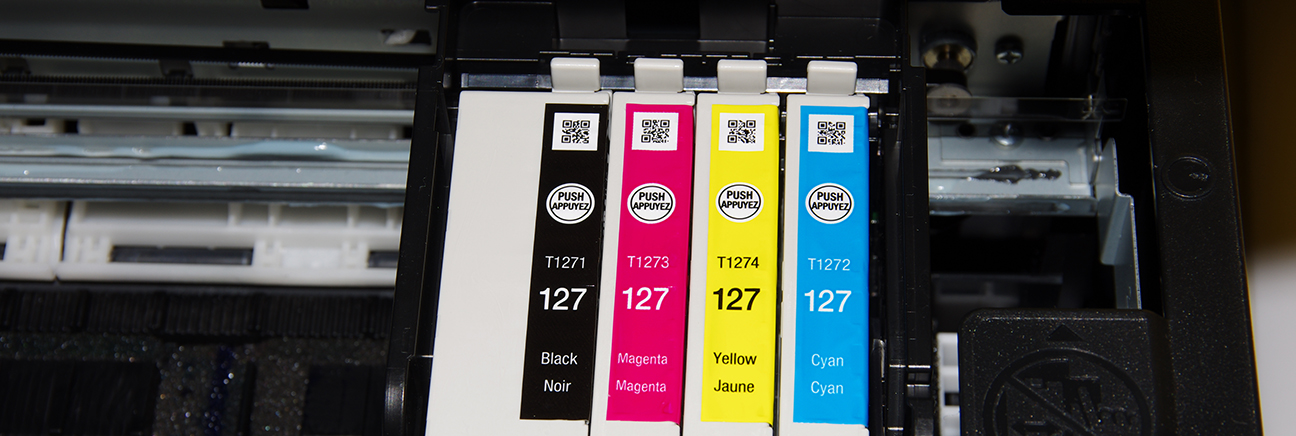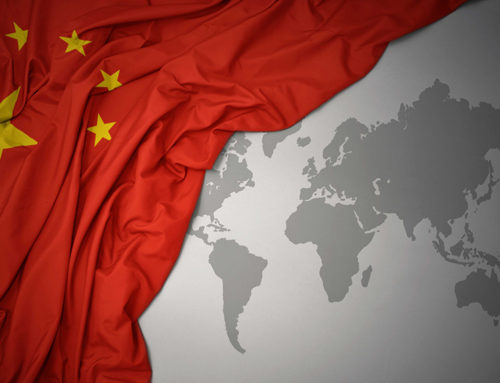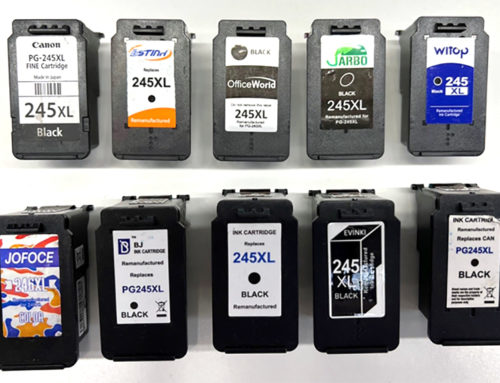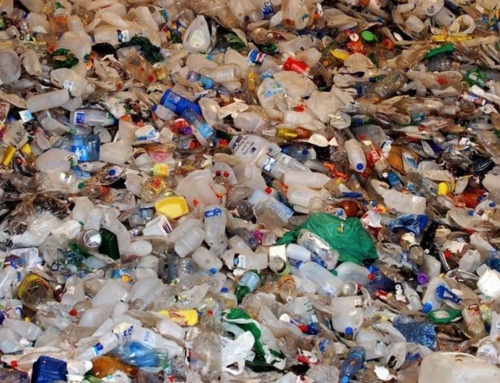In a recent legal battle, Planet Green Cartridges Inc. and Epson found themselves on opposing sides of an ink cartridge patent infringement lawsuit. This article aims to provide a comprehensive view of the situation, featuring statements from both parties involved.
Planet Green’s Perspective
Planet Green CEO, Sean Levi, emphasized their commitment to the ink cartridge remanufacturing process, focusing on sustainability and environmentally friendly practices. The company’s policy revolves around remanufacturing used OEM ink cartridges, thereby diverting them from landfills. Planet Green’s process involves inspecting, cleaning, refilling, and conducting quality assurance tests before reselling the products.
They underline an important fact: once an original Epson ink cartridge is used, the chip on the cartridge becomes non-functional in the printer. This design choice limits consumer options for refilling their own cartridges and restricts remanufactures like Planet Green from recycling Epson cartridges, resulting in millions of empty plastic cores ending up in landfills annually.
Levi points out that if original equipment printer manufacturers want to contribute to reducing landfill waste, collaboration with remanufactures is essential. He also highlights the significance of fair competition in the marketplace, citing “Right to Repair” laws and the “First Sale Doctrine.”
While Planet Green temporarily ceased selling remanufactured Epson ink cartridges due to the lawsuit, their commitment to sustainability remains unwavering. The company intends to explore innovative ways to provide eco-friendly printing alternatives and promote responsible consumption.

Epson’s Perspective
Epson America, Inc., Epson Portland Inc., and Seiko Epson Corp. recently reached a settlement with Planet Green Cartridges Inc. regarding a lawsuit involving ink cartridge patent infringement and the sale of remanufactured cartridges through various online retail platforms. The settlement terms include Planet Green discontinuing the sale of remanufactured Epson inkjet cartridges on its websites and Amazon’s storefront, with financial details remaining confidential.
Epson’s motivation for the lawsuit lies in its determination to combat what it perceives as a culture of infringement and unfair competition. This culture extends not only to newly built compatible cartridges but, they state, also to remanufactured cartridges.
Jilana Miller, assistant general counsel at Epson America, underscored the importance of respecting intellectual property rights and maintaining a fair marketplace. According to Miller, protecting intellectual property rights fosters innovation, ultimately benefiting consumers by introducing new technologies.
Epson has worked to enhance the sustainability of it’s part in the printing industry with its EcoTank® printers, featuring easily refillable ink tanks and EcoFit® ink bottles, which reduce cartridge waste in landfills as compared to inkjet cartridges. EcoTank printers eliminate the need for individual cartridges altogether, decreasing the resources required for cartridge collection and remanufacturing.
Epson’s lawsuit against Planet Green centered on alleged patent infringement claims, resulting in a General Exclusion Order from the U.S. International Trade Commission barring the importation of cartridges that infringe the claims.
The Planet Green vs. Epson lawsuit underscores the complex challenges in the printer ink cartridge industry, where sustainability, intellectual property rights, and fair competition are all in play. The resolution of this dispute holds implications for the broader market and its efforts to balance these factors and strikes a blow to sustainability through recycling and remanufacturing.






